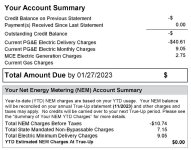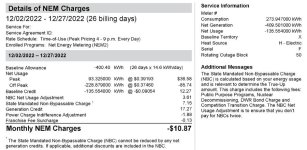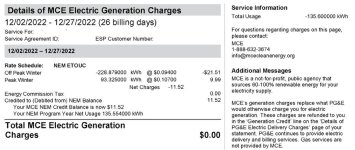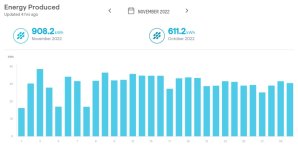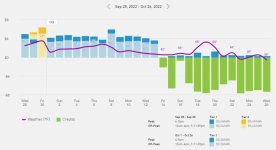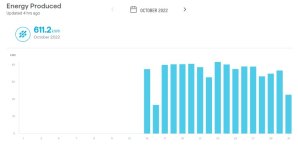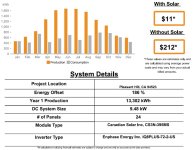kiwi_outdoors
Member
selling the house - don't do solar
don't do solar if you are selling in the near term - you don't get your Return on Investment (ROI)
My wife runs a daycare in our house and the TV, lights, HVAC is running all day during the week. Our electric bill is often times $300 or more every month so solar would make sense for us but we’re thinking of selling the house in 2-3 years and moving somewhere cheaper so we can retire.
Kinda wondering if going solar would make sense for us at this point.
I think the monthly utility savings would be equal to the solar equipment payment.
don't do solar if you are selling in the near term - you don't get your Return on Investment (ROI)



